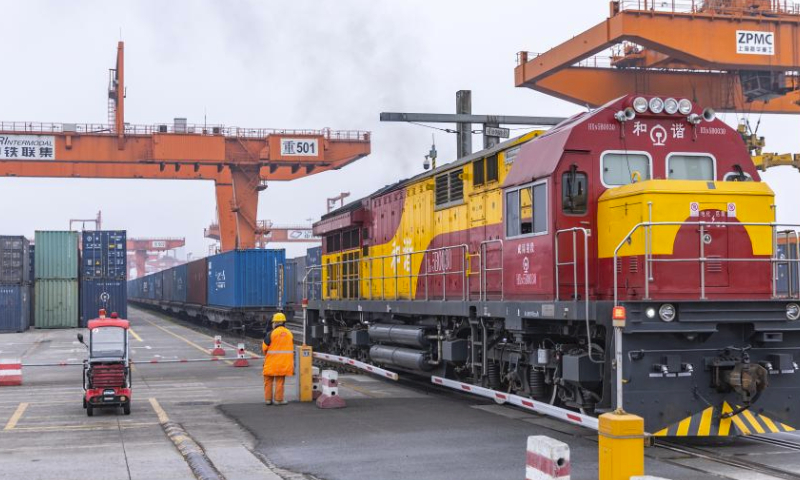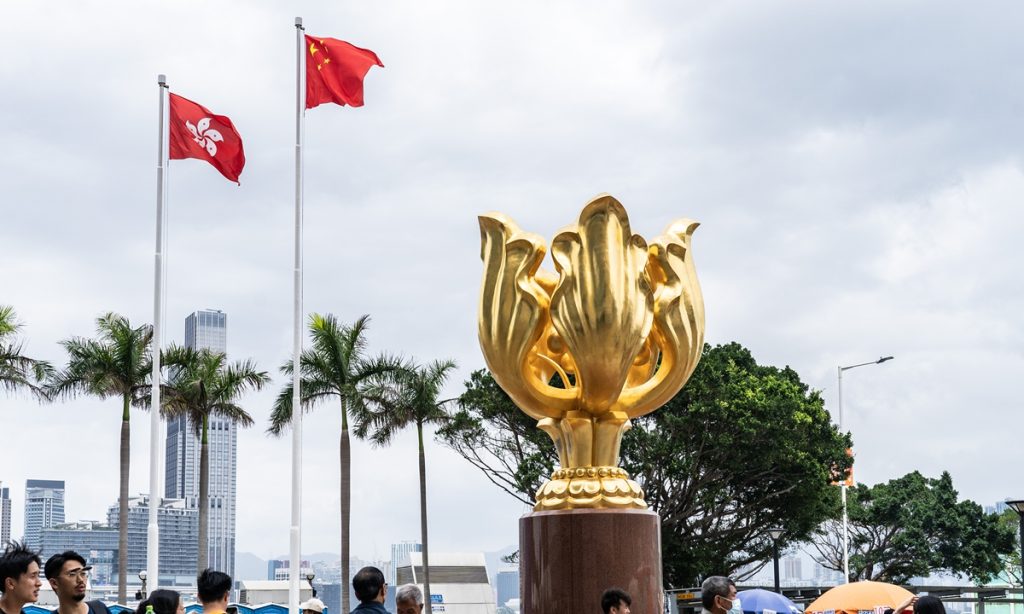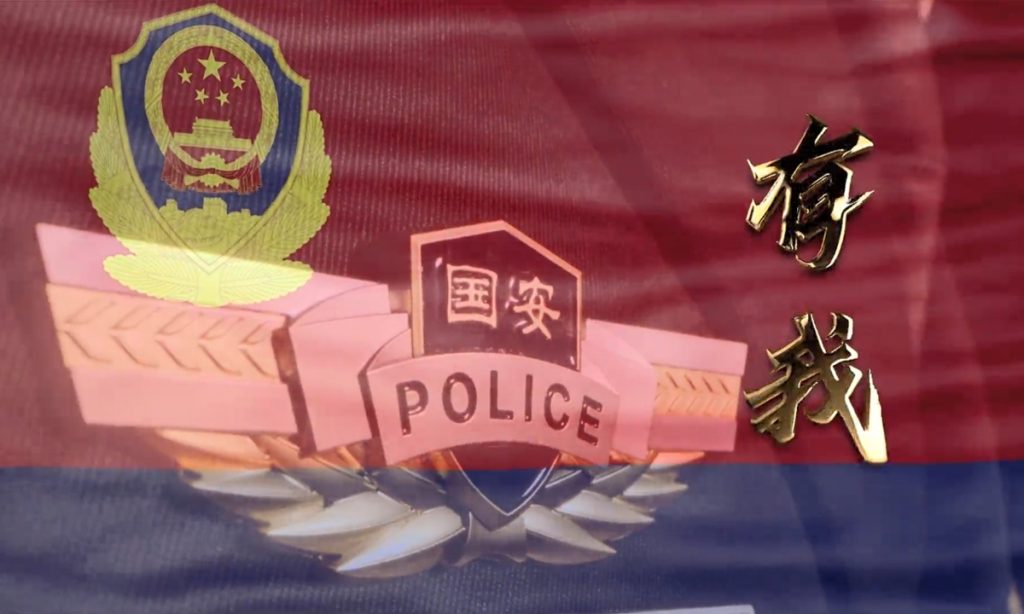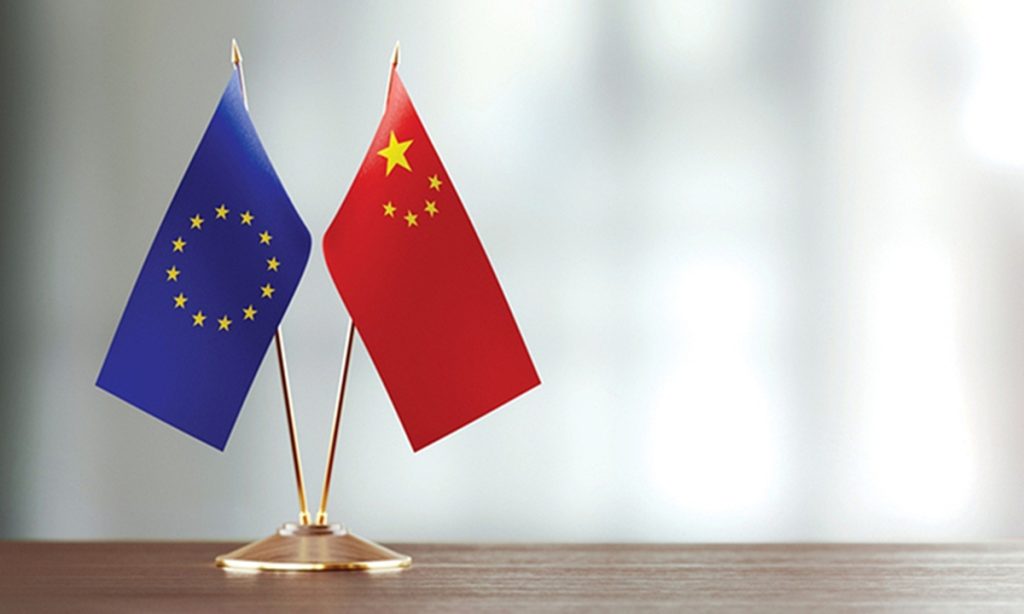Foreigners zoom into Chinese tourism market during May Day holidays

As the five-day May Day holidays came to an end on Sunday, China welcomed a bustling inbound tourism sector thanks to the country's cost-effective tour products as well as improved measures for foreign visitors, including visa-free policies and optimized payment services.
Experts said that booming tourism during the May Day holidays confirmed the attractiveness of the Chinese market for overseas travelers, and the improving environment for foreigners further showcased the country's commitment to opening-up.
According to a report sent to the Global Times on Sunday, Trip.com said that inbound tour bookings increased by 105 percent year-on-year with the remarkable effect of the visa-free policies.
Tourists from the 12 countries for which China unilaterally waived visas, along with Singapore and Thailand, which have mutual visa exemptions with China, increased by about 2.5 times year-on-year, read the report. Among Chinese provincial capital cities, inbound tour orders grew faster in Urumqi, Xi'an, Hangzhou, Kunming, Hefei and Chengdu.
Walking on the street, people could see UK tourists wearing traditional Chinese hanfu for travel photos at Beijing's Temple of Heaven. In Dongxing, South China's Guangxi Zhuang Autonomous Region, Vietnamese tourists took a bus to visit the cultural bazaar, enjoying a different journey involving China-Vietnam border customs.
"During a trip with my friends, I took a leisurely stroll around Jinhai Lake in the Pinggu district of Beijing. It was a breathtaking experience, immersed in the natural beauty of China. Green spaces surrounded the lake, and fresh breezes filled the air, creating a serene atmosphere," Ahmed Abdellah Faris, a journalist from Egypt, told the Global Times on Sunday.
China's mobile payment system is extremely convenient, with WeChat Pay and Alipay offering both ease of use and security. Additionally, Beijing, as an international metropolis, widely accepts Visa payments, providing numerous options for foreigners, he added.
"I also appreciate Beijing's subway system, which is extensive and affordable, with most trains maintained in a clean condition. Subway staff members readily provided directions in English, museum guides offered high-quality English explanations, and restaurant owners inquired whether we followed Muslim dietary restrictions. These thoughtful details made me feel warmly welcome in Beijing," he said.
The development of inbound tourism not only serves as a symbol of China's opening-up, but also marks the country's transition from being a major tourist destination to becoming a power in the global tourism arena, Jiang Yiyi, a vice president of the School of Leisure Sports and Tourism at Beijing Sport University, told the Global Times on Sunday.
In addition to visa-free measures and an array of measures to help foreigners enjoy a hassle-free payment environment, the restoration of international flights is progressing steadily.
"In the first half of this year, I believe that the country has resumed more than 80 percent of the international routes, compared with pre-pandemic levels," Jiang said.
Outbound trips were also in the spotlight. According to Trip.com, Chinese outbound tours covered nearly 200 countries during these five days, with Southeast Asia, Japan and South Korea becoming popular destinations.
The tourism growth rate for countries in the Middle East such as Oman, Saudi Arabia and Kuwait was higher, with a year-on-year increase of more than three times.
On Saturday, the Cuban government announced that it will adopt a visa-free policy for Chinese citizens holding ordinary passports starting from May, the Xinhua News Agency reported on Sunday.
"China has been one of the world's biggest outbound tourism markets, making a substantial contribution to global tourism development, particularly in the post-pandemic recovery period. Outbound tourism has played a significant role in promoting economic development and offering job opportunities in many countries," Jiang said.
Steven Alan Barnett, senior IMF resident representative in China, said on April 24 at the launch of the IMF World Economic Outlook in Beijing that China will continue to be the main driver of the global economy, contributing one-quarter to the world's GDP.






